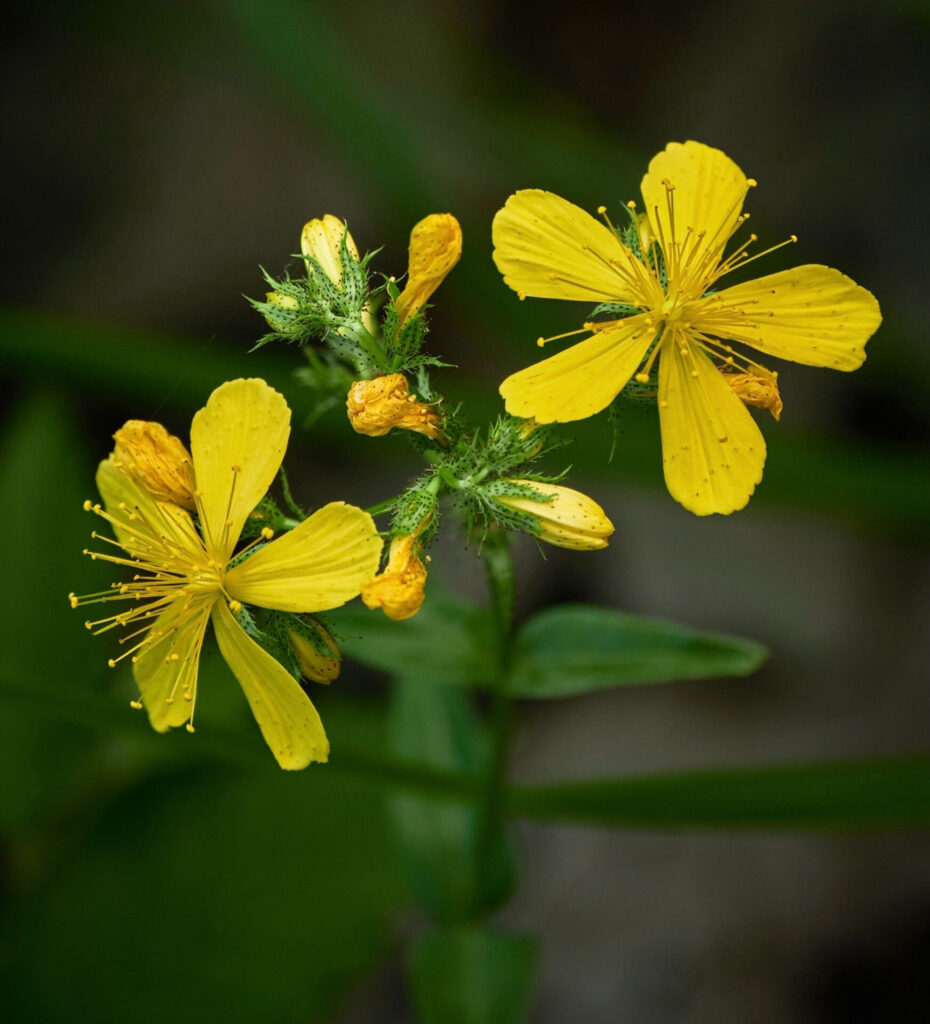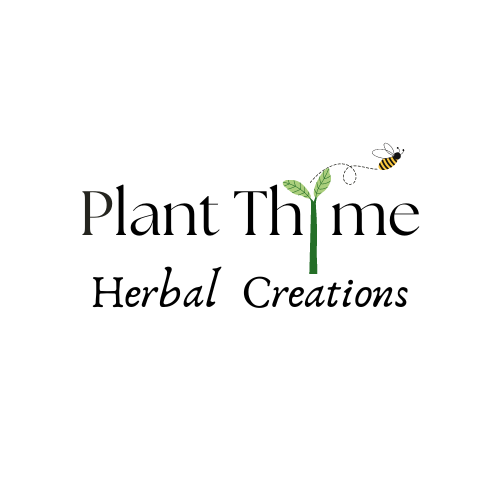How to Treat ADHD Symptoms Naturally Without Drugs

Attention-Deficit/Hyperactivity Disorder (ADHD) is often characterized as a difficulty or inability to maintain focus or attention for any substantial period of time. ADHD is considered to be one of the most common neurodevelopmental disorders in today’s youth. It is typically diagnosed in the elementary years and continues on into adulthood.

Characteristics of ADHD include difficulty controlling impulsive behaviors (talking or acting out at inappropriate times), acting without thinking about the outcome of their actions, being overly active, difficulty sitting still for extended periods of time, difficulty concentrating or focusing attention, especially on unpreferred tasks, easily distracted, poor time management skills, lacks organizational skills and challenges with working memory.
Children or adults with ADHD often misplace items regularly, may talk or fidget excessively and ultimately have extreme difficulty in a traditional school setting. This will result in poor grades, low self-esteem, and loss of interest in school.

Another characterization of students with ADHD is a strong push from the academic department to medicate the student. Many parents are comfortable going this route and it has helped their children immensely. For parents who are not comfortable giving their children strong pharmaceuticals, there are a few other therapies that may help to remedy some of the difficulties that their children are facing. Let’s explore some of the alternative therapies in a bit greater detail.
FOOD

A person’s nutrition can play a vital role in helping to either cause symptoms of ADHD or possibly even remedy some of them. A diet rich in fruits, vegetables, whole grains, healthy fats and quality protein can have a tremendously positive effect on people with ADHD. A good rule of thumb before diving into this topic in greater detail would be to avoid refined sugars, heavily processed foods, food additives and food dyes.
There have been many studies that show a correlation between consuming the above harmful ingredients and an increase in the severity of ADHD symptoms. On the contrary, there have also been many studies done to show that an increase in a whole foods approach with limited ingredients and an abundance of vitamins has been shown to greatly decrease extreme symptoms of ADHD.
A 2017 review published in the Journal of Orthomolecular Medicine determined that deficiencies in certain vitamins and minerals, including vitamin C, were linked to ADHD. Additionally, a 2005 study published in Prostaglandins, Leukotrienes & Essential Fatty Acids found that flax oil and vitamin C supplements improved hyperactivity in children with ADHD.
If you have a child who shows much aversion to many of the nutrient-dense foods listed above, you may consider adding a food-based multivitamin into their daily routine.
Some vitamins that stand out within a whole foods approach to treating ADHD are Vitamins A, B complex, C, E, Magnesium, Selenium and Zinc. It is difficult for many parents to incorporate a whole-food approach to ADHD unless their child is an adventurous eater, and it will be difficult for them to consume those vitamins daily or even weekly so it really may benefit you to include a food-based multivitamin.
Let’s discuss the roles some of the vitamins play within the body.
Functions of Magnesium
- Acts as a natural tranquilizer
- Assists with nerve function
- Assists with skeletal muscle function
- Can help induce restful sleep
- Enhances the function of various brain antioxidants
- Relaxes electrical impulses and encourages calmness
- Aides in the absorption of other nutrients (calcium, iron, phosphorous, potassium, sodium and zinc)
- Helps to metabolize fats and carbohydrates for energy
Symptoms of Magnesium Deficiency
- Aggressive behavior
- Anorexia/ weight loss
- Anxiety
- Cognitive decline
- Confusion
- Depression
- Hyperexcitability
- Insomnia
- Irritability
- Sensitivity to light or noise
- Fatigue
There are many more symptoms associated with low magnesium levels in the body and if you are interested in reading more about how vitamins and minerals affect your body, you may want to consider reading What you must know about vitamins, minerals, herbs and so much more by Pamela Wartian Smith, MD, MPH
Functions of Selenium
Selenium is essential for human health but just in trace amounts, it can actually be harmful in excess.
- Helps prevent cancer by repairing DNA
- Aides in thyroid function
- Immune system function
- Reduces heavy metal toxicity (studies have indicated that heavy metal toxicity can be a culprit of ADHD symptoms)
- Works as an antioxidant
Symptoms of Selenium Deficiency
- Inflammation
- Cataracts
- Skeletal Muscle Problems
- Cataracts
- Weakness
- Fatigue
- Recurrent Infections
Functions of Zinc
Zinc is a micromineral and only needed in small quantities, however, it is quite important for overall physical and mental health.
- Helps the body break down protein
- Essential component of hormones
- Helps balance blood sugar levels
- Contributes to a healthy prostate
- Enhances the absorption of Vitamin D
- Essential for fertility and reproduction
- Aides in the formation of healthy bones and skin
- Promotes healthy thyroid activity
- Metabolized carbohydrates
Symptoms of a Zinc Deficiency
- Acne
- Anemia
- Behavioral Disturbances including depression
- Anorexia or poor appetite
- Brittle nails
- Decreased sexual maturation and/or function
- Frontal Headaches
- Fatigue
- Memory Impairment
- Sleep Disturbances
- Immune Deficiencies
Vitamin B (s)
A 2006 study published in Magnesium Research involved giving vitamin B6 and magnesium to children with ADHD over the course of eight weeks. The researchers found that the children given vitamin B6 and magnesium experienced reduced ADHD symptoms.
I am not going to list what each different vitamin B does for the body, however, I will briefly list some common symptoms of a deficiency of each of the main vitamins that make up B complex.
Symptoms of a B1 (thiamine) Deficiency
- Confusion
- Fatigue
- Forgetfulness
- Gastrointestinal upset
- Headache
- Irritability
- Depression
- Nervousness
- Poor memory
- Racing heartbeat
- Sleep disturbances
- Poor vision
Symptoms of a B3 (Niacin) Deficiency
- Confusion
- Fatigue
- Forgetfulness
- Gastrointestinal upset
- Headache
- Irritability
- Depression
- Nervousness
- Poor memory
- Racing heartbeat
- Sleep disturbances
- Insomnia
Symptoms of a B6 (Pyridoxine) Deficiency
- Depression
- Fatigue
- Hyperactivity
- Insomnia
- Mental Confusion
- Irritability
- Mouth Ulcers
- Nervousness
- Numbness
- Weakness
Symptoms of a B12 (Cobalamin) Deficiency
- Anemia
- Confusion
- Constipation
- Decreased levels of estrogen or progesterone in women
- Depression
- Drowsiness
- Fatigue
- Irritability
- Memory loss
- Moodiness
- Sore mouth including the tongue
- Poor appetite
Ok so now that you have a better understanding of how certain vitamins and minerals affect the body, let’s move on to a couple of different herbs that may help alleviate some symptoms of ADHD.
Herbs

American Ginseng

Ginseng is a family of herbs that has become well-known for its medicinal abilities. American Ginseng can be used to treat symptoms of ADHD by increasing and improving focus, stimulating brain receptors, helping to strengthen memory and can help to decrease depression and anxiety.
Ginko Biloba

Ginkgo has been shown to enhance mood, increase memory abilities and improve other cognitive functions within the mind and body.
St. John’s Wort

St. John’s Wort is probably one of the most common herbal treatments given to children with ADHD. St. John’s Wort has been used for centuries to help treat mental health disorders.
St. John’s Wort may have the ability to increase levels of dopamine, noradrenaline and serotonin levels within the body which may result in improved mood or mental health.
As with any other physical or mental condition, it is always best to seek advice from a qualified practitioner before implementing any supplements, especially in children and young adults.
Herbal supplements along with a healthy diet, sufficient exercise and adequate sleep can all have an extremely positive outcome in treating or relieving symptoms of ADHD. I hope you found some helpful information throughout this post.
If you have a child who is challenged with ADHD and in turn they are finding it difficult to overcome certain areas of executive function in or out of the classroom and you are looking for some added support, consider scheduling a free trial session to help strengthen your child’s executive functioning challenges. Thank you for reading.
Footnotes:
What you must know about vitamins, minerals, herbs and so much more, Second Edition. Pamela Wartian Smith, MD, MPH
www.MountSinai.org
National Institute of Health https://pubmed.ncbi.nlm.nih.gov/20140799/
